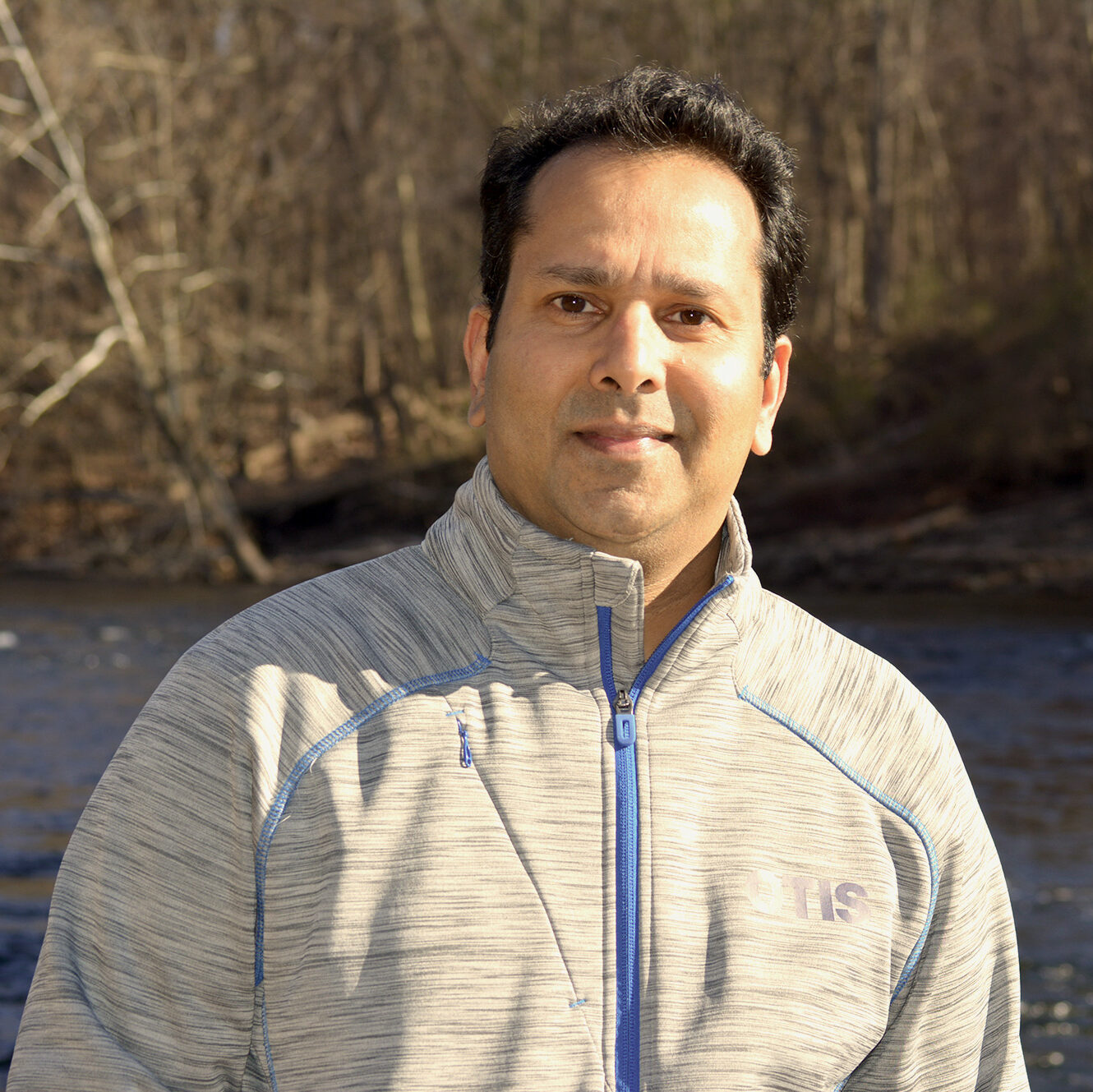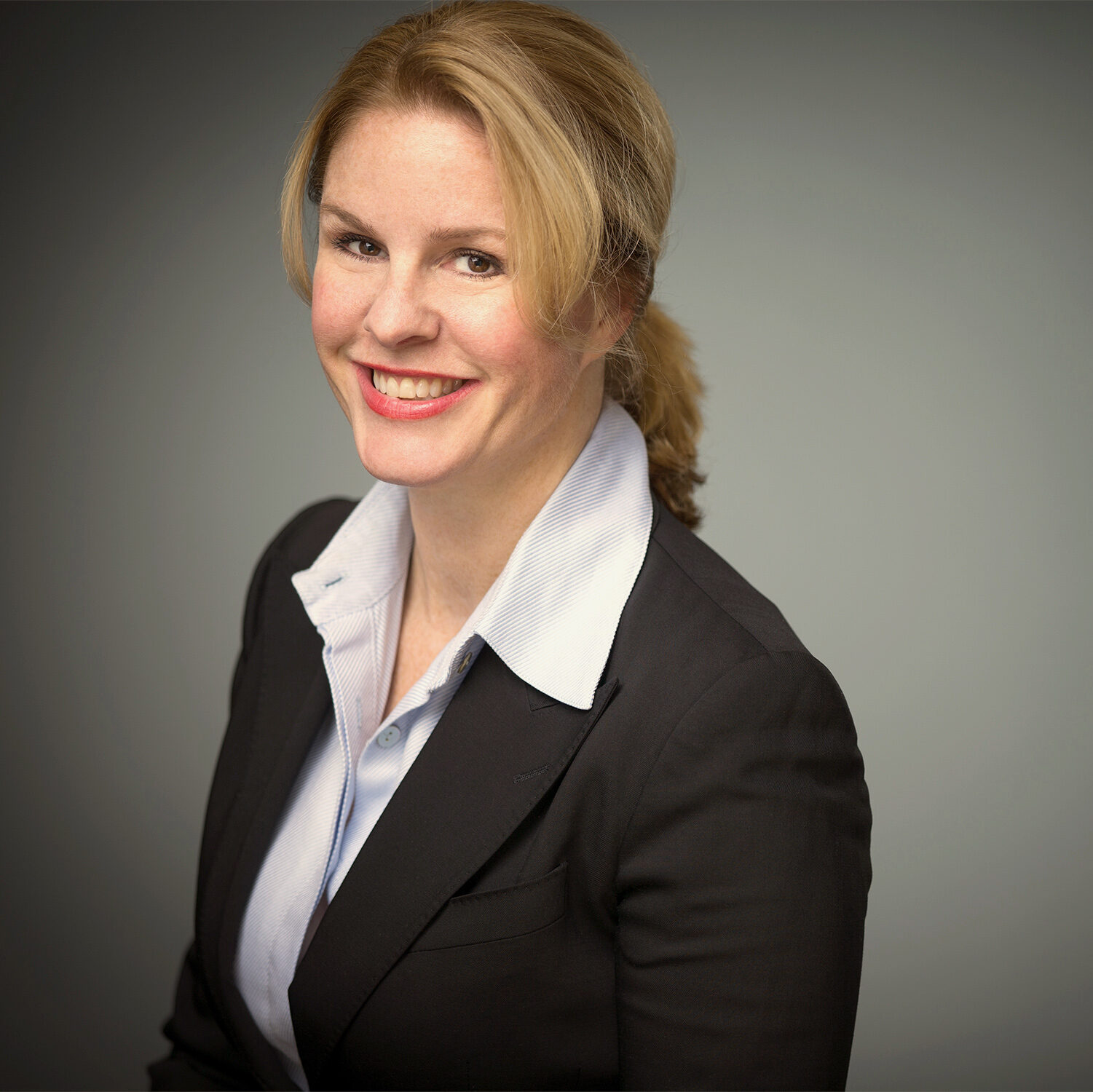Why did you decide to earn a degree at Harvard Extension?
Over the years, I have been drawn to corporate social responsibility, so I started looking for opportunities to enhance my knowledge and ability to contribute to my community beyond the organization that employs me. As I did research, sustainability grabbed my attention because of its impact across industries and communities on local, regional, and global scales. I researched the Master of Liberal Arts program at Harvard and decided to pursue a degree in Sustainability at Harvard Extension. I am proud to say that, in addition to my master’s, I also earned a certificate at no extra cost through the rigor of my coursework.
How has this experience helped you in your career or personal development?
In my experience, each time I gain knowledge I am able to consider more factors and my decision-making capability improves. Sustainability is applicable to every industry and impacts every one of us. We have a sustainability-oriented employee resource group at Otis, and I was able to conduct a lecture series to improve awareness among my peers. I also worked with that team to identify opportunities to improve aspects of sustainability relating to energy consumption, water use, waste management, etc. within the facility. We also plan events like nature walks, tree planting, and volunteering to support local nonprofits.
I plan to continue to use my knowledge and skills to promote awareness of sustainability, both within Otis and outside the company, to ensure my clients’ goals and objectives are fulfilled. On a personal level, the friends and connections that I have made while earning my degree at Harvard Extension School have boosted my self-confidence.
As a distance student, how did you manage fulfilling the on-campus requirement? What was the online experience like for you?
I have pursued higher education in every learning format: as a full-time student, an evening student, a 100 percent online student, and as a hybrid student. As it turns out, I like the hybrid option I used at Harvard Extension the best. I appreciated the flexibility it provided. I would attend the class in person on day one, then log into the rest of the meetings through the Canvas learning system. The teaching assistants who monitored the chat proved helpful in making sure our questions were addressed in class. Occasionally, due to work-related travel, I utilized the class recording and caught up prior to the next meeting. Living in New England, the on-campus requirement was not an issue for me and I attended several classes on campus, especially during weekends. I have found that regardless of whether you are a full time, part time, online or hybrid format student, the key to success is staying engaged and giving 100 percent.
Do you have a favorite class or faculty member? Why?
My favorite class was my capstone project. I consulted for Creative Living Community of Connecticut (CLCC), a nonprofit organization that was formed by a group of concerned parents in pursuit of a solution to the question, “What will happen to my adult child with a disability when I am no longer able to care for them?” The organization built a greenhouse in 2012 and has hosted many people with autism and other intellectual and developmental disabilities (IDD), where they help grow microgreens and learn job skills that can translate to various fields. CLCC’s long-term goal is to create a farm-based community where people with IDD can live and work alongside people without disabilities and be productive members of the society.
My role as consultant was to identify opportunities to make the community environmentally sustainable by considering best solutions for energy, water, and waste. I also researched and made recommendations regarding the ideal building features for people with IDD. The CLCC board has already implemented some of my proposals, and they seem keen to incorporate more of my ideas into the community’s design and development. Professor William O’Brien provided a structured approach to consulting on sustainability and gave me clear guidance when I needed his input. I also appreciated having access to the entire faculty to use as a sounding board for ideas. I am proud of the impact this project will have on CLCC and its vision, and I am hopeful that my work will be used for the development of similar farm-based communities.
Do you have any advice for new students?
Never stop learning. Embrace your passion and pursue it by enhancing your knowledge. Be passionate about what you do.
This interview has been edited for clarity and length.

